Intravenous (IV) stands or poles are medical devices that are designed to hang bags containing intravenous fluids or medicines which need to be administered to the patient. They are used for the utmost hygienic purpose and are space savers.
Benefits
1. Easy to use
2. Adjustable
3. Easily movable
4. Strong, durable and reliable
5. Can accommodate multiple IV bags
6. Simple to operate
7. Robust
8. Easy to clean
9. Easy to dismantle
Make
1. The IV stand or pole is a slender rod made either of iron, aluminium or stainless steel. More commonly the stainless steel ones are preferred.
2. These IV stands are portable as they are equipped with 4-5 wheelbases which are stable and can move.
3. The height of the pole can be adjusted to the required position. This can be achieved with the help of a knob lock that is situated in the middle of the rod and helps to adjust the upper and the lower part of the pole.
4. Some IV stands have only two hooks and some have multiple hooks on the top which help in hanging multiple IV bags and are in a secured position.
5. The base of the IV stand is also made of stainless steel or aluminium.
6. The wheels of the IV stand are rubber wheel ball bearing casters. These help the stand to manoeuvre easily.
Use
1. The IV pole or the stand is used for hanging the IV fluid bags which need to be administered to the patients.
2. Ceiling mounted IV poles are used in hospitals as they save space in small treatment rooms.
3. IV stands are also used for homecare purpose.
Frequently Asked Questions
1. Does an IV needle hurt?
Yes, when the skin is punctured for the first time it may hurt a little. A small IV tube is inserted and left into the arm or leg and then the needle is removed and the fluid is allowed to enter the vein. Once the needle has been removed there can be very little or no pain.
2. How is an IV-administered?
There are some medications which are to be given as an intravenous injection or intravenous infusions. Intravenous (IV) actually means ‘into the vein’. It indicates that the medications are released directly into the vein by inserting a needle and a tube.
3. How do the IV fluids work?
The intravenous route (IV) is considered as the fastest way to deliver medications throughout the body as the medications are released directly into the blood circulation and show faster effect. This route of administration has been used for fluid replacement therapy, blood transfusions or for electrolyte imbalance.
4. What is an IV drip?
A drip is sometimes called as a cannula. It’s a short plastic tube. The drip has to be put into the vein and the plastic tube is left in so that the medicines can go through it which in turn enters the bloodstream directly.
5. What are the types of IV fluids?
There are four types of IV fluids:
a) 9% Normal saline (also known as NS or 0.9 NaCl (sodium chloride))
b) Lactated Ringers (also known as Ringer’s lactate or LR)
c) 5% Dextrose in water (known as D5 or D5W)
d) 45% Normal saline (known as Half-normal saline or 0.45 NaCl)
Where to buy it?
IV stands are available in Hyderabad at:
TrueCare Surgicals (Store 1)
Address: H.No 1-100, G2, Hitech City main road, Opposite Indian Oil Petrol Pump, Madhapur, Hyderabad, Telangana 500081.
TrueCare Surgicals (Store 2)
Address: Nizampet X road, Near Sri Holistic Hospital, Behind Vasireddy Swagruha Foods, Kukatpally, Hyderabad, Telangana 500072
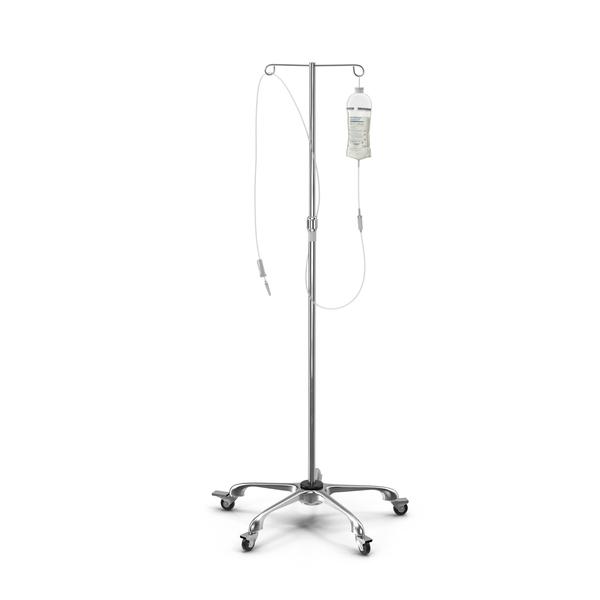

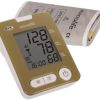

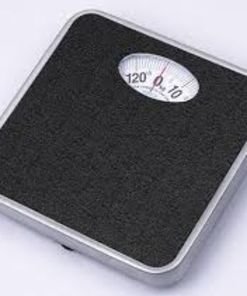

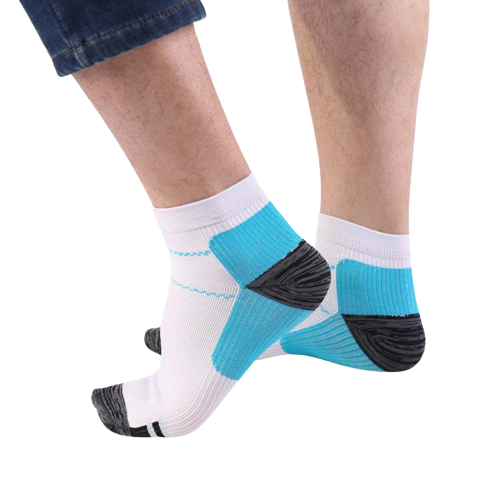
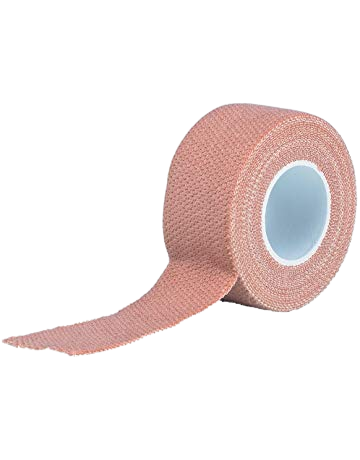
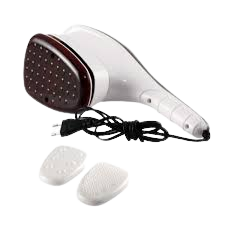
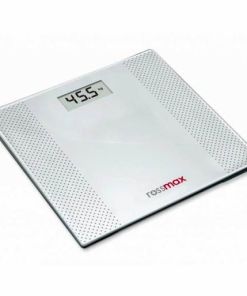

Reviews
There are no reviews yet.